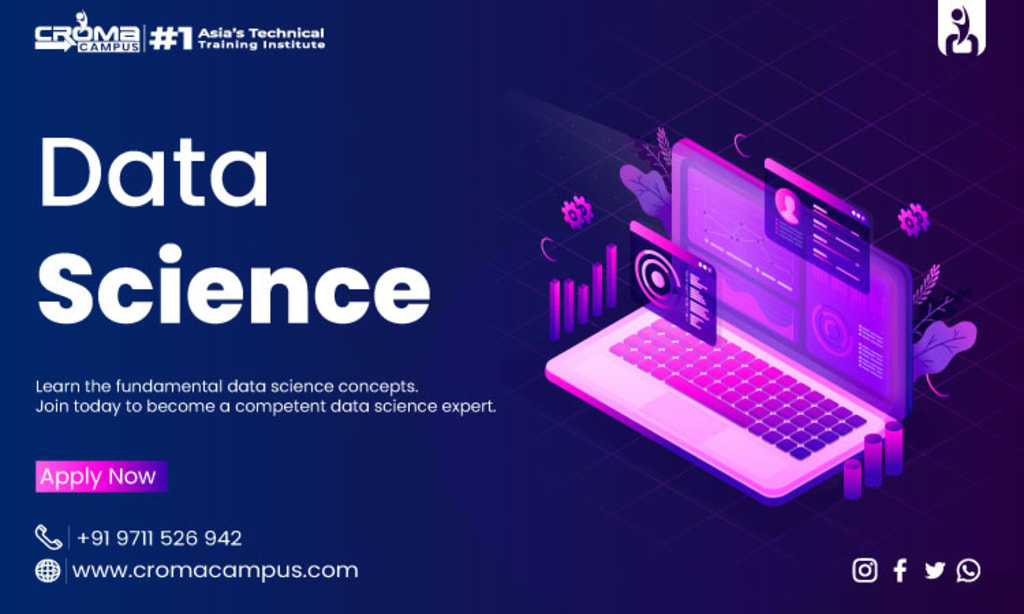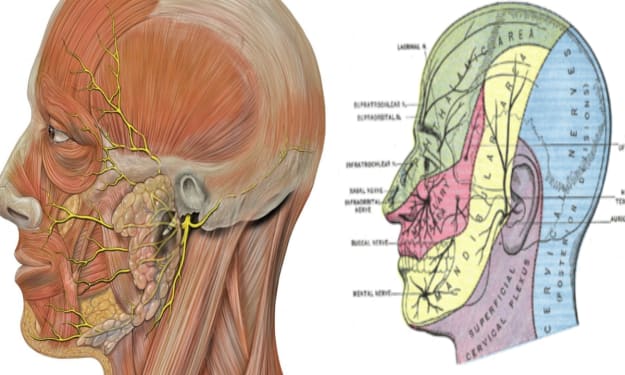Impact of Data Science in Different Industries
Impact of Data Science On Various Industries

Data Science stands at the forefront of a technological revolution, reshaping industries and driving unprecedented innovation. By harnessing the power of data, organizations across sectors can unlock valuable insights, optimize operations, and deliver enhanced customer experiences. From healthcare to finance, retail to manufacturing, Data Science empowers decision-makers with predictive analytics, machine learning algorithms, and advanced statistical techniques. In this era of digital transformation, the impact of Data Science is profound, revolutionizing how businesses operate, make strategic decisions, and stay ahead in an increasingly competitive landscape.
The Impact Of Data Science On Various Industries
Data Science has become a transformative force across various industries, revolutionizing how organizations operate, make decisions, and innovate. By leveraging advanced analytics, machine learning, and artificial intelligence techniques, training in the Data Science Certification Course enables businesses and professionals to extract valuable insights from large and complex datasets.
The impact of Data Science spans across numerous sectors, each benefiting from its applications in unique ways.
1. Healthcare
Data Science is revolutionizing healthcare by improving patient outcomes, reducing costs, and advancing medical research. Predictive analytics help healthcare providers identify at-risk patients and tailor personalized treatment plans. Machine learning algorithms analyse medical images to detect diseases like cancer at earlier stages. Additionally, data-driven insights from electronic health records (EHRs) enhance operational efficiency and support evidence-based decision-making.
2. Finance
In the finance sector, Data Science drives risk management, fraud detection, and algorithmic trading. Predictive models assess creditworthiness and forecast market trends, enabling banks and financial institutions to make informed lending decisions and optimize investment strategies. Moreover, anomaly detection algorithms identify suspicious activities, mitigating financial fraud and enhancing security measures.
3. Retail
Data Science empowers retailers to understand consumer behaviour, optimize pricing strategies, and personalize marketing campaigns. Through customer segmentation and recommendation systems, retailers can deliver targeted product recommendations, enhancing the shopping experience and driving sales. Furthermore, demand forecasting models minimize inventory costs and ensure efficient supply chain management.
4. Manufacturing
In manufacturing, Data Science facilitates predictive maintenance, quality control, and process optimization. By analysing sensor data from machinery, predictive maintenance algorithms predict equipment failures before they occur, minimizing downtime and maintenance costs. Quality control models detect defects in real-time, ensuring product consistency and reducing waste. Additionally, optimization algorithms enhance production efficiency by optimizing workflows and resource allocation.
5. Transportation and Logistics
Data Science plays a crucial role in optimizing transportation routes, managing fleets, and improving logistics operations. Route optimization algorithms minimize fuel consumption and transportation costs while maximizing delivery efficiency. Real-time tracking systems provide visibility into the movement of goods, enabling proactive decision-making and enhancing customer satisfaction. Moreover, predictive analytics anticipate demand fluctuations, enabling logistics companies to optimize inventory levels and distribution networks.
6. Marketing and Advertising
In marketing and advertising, Data Science drives targeted advertising, customer segmentation, and campaign optimization. By analysing consumer data from various sources, marketers can create personalized messaging and target specific demographics more effectively. A/B testing and optimization algorithms help refine marketing strategies, maximizing return on investment (ROI) and campaign performance. Additionally, sentiment analysis allows brands to monitor online conversations and gauge customer feedback, informing reputation management efforts.
7. Energy and Utilities
Data Science transforms energy and utility operations through predictive maintenance, demand forecasting, and grid optimization. Smart meter data enables utilities to analyse energy consumption patterns and forecast demand more accurately, optimizing energy distribution and reducing wastage. Predictive maintenance algorithms minimize downtime for critical infrastructure, such as power plants and transmission lines, ensuring a reliable energy supply. Furthermore, grid optimization models balance supply and demand, maximizing efficiency and integrating renewable energy sources effectively.
Conclusion
To summarise, Data Science has a profound impact across various industries, driving innovation, efficiency, and competitiveness. One can join the Data Scientist Course in Delhi to harness the power of data. Moreover, organizations can unlock valuable insights, optimize processes, and make more informed decisions. As Data Science continues to evolve, its role in shaping the future of industries will only become more prominent, fostering growth and driving sustainable development.
About the Creator
Ravendra Singh
I am a Professional Blogger and Digital Marketing Consultant. I am working as a Digital Marketer at Croma Campus.






Comments
There are no comments for this story
Be the first to respond and start the conversation.